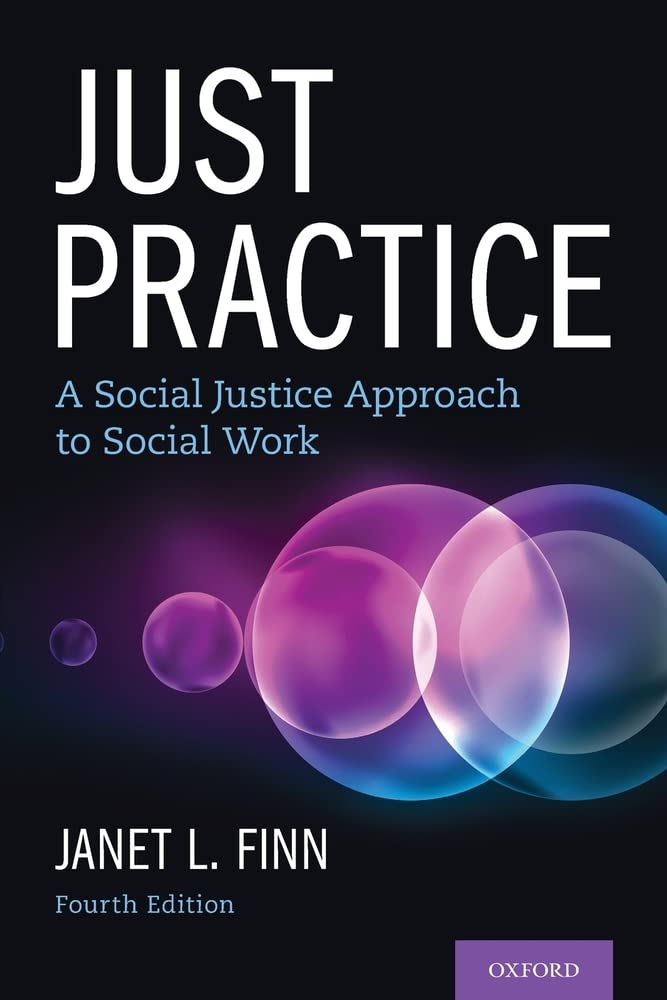Just Practice: A Social Justice Approach?to Social Work provides a foundation for critical and creative social work that integrates theory, history, ethics, skills, and rights to respond to the complex terrain of 21st century social work.?Just Practice?puts the field of social work’s expressed commitment to social justice at center stage with a framework that builds upon five key concepts: meaning, context, power, history, and possibility. How do we give meaning to the experiences and conditions that shape our lives? What are the contexts in which those experiences and conditions occur? How do structures and relations of power shape people’s lives and the practice of social work? How might a historical perspective help us to grasp the ways in which struggles over meaning and power have played out and to better appreciate the human consequences of those struggles? Taken together, these concepts provide a guide for integrative social work that bridges direct practice and community
building.
The text prepares readers with the theoretical knowledge and practice skills to address the complex challenges of contemporary social work from direct practice with individuals and families, to group work, organizational and community change, and policy analysis and advocacy. Each chapter includes learning activities, reflection moments, practice examples, and the stories and voices of practitioners and service users to engage students as critical thinkers and practitioners. The author encourages teachers and students alike to take risks, move from safe, familiar, pedagogical spaces and practices, challenge assumptions, and embrace uncertainty.











Reviews
There are no reviews yet.